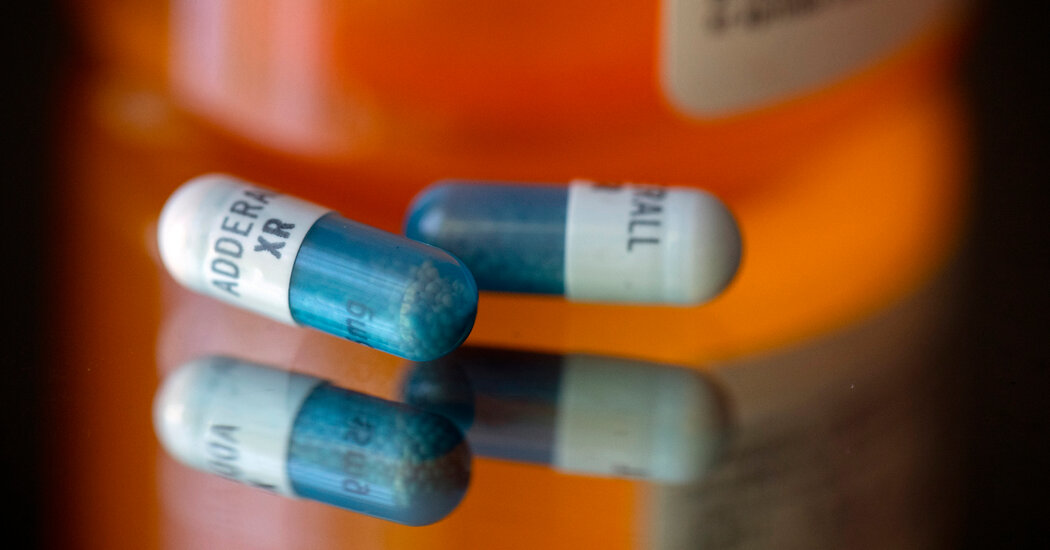Patients using Done or similar telehealth platforms may experience disruptions in care, health officials warned.
Tens of thousands of patients with attention deficit hyperactivity disorder nationwide could face disruptions to their care after two executives of a major telehealth company that distributed A.D.H.D. drugs were indicted on charges of health care fraud.
The Department of Justice announced on Thursday that the chief executive and the clinical president of Done, the telehealth company, had been arrested and accused of participating in a scheme to distribute Adderall and other stimulants for A.D.H.D. to patients who did not need the medications, and to bill insurers for these drugs. Done was one of several telehealth companies that became popular during pandemic lockdowns, when the government relaxed restrictions around online prescriptions for controlled substances such as Adderall.
“These defendants exploited the Covid-19 pandemic to develop and carry out a $100 million scheme to defraud taxpayers and provide easy access to Adderall and other stimulants for no legitimate medical purpose,” Attorney General Merrick B. Garland said in a news release.
The indictment comes amid ongoing shortages of Adderall and another stimulant, Vyvanse. The Centers for Disease Control and Prevention said that as many as 50,000 patients across the nation who rely on Done or similar telehealth platforms to obtain stimulant medications may be affected.
“It’s really frustrating for people who have longstanding A.D.H.D., or for people whose children have longstanding A.D.H.D., to find out that one of the reasons they’ve possibly been having difficulty getting consistent care is because of something that appears to be fraudulent,” said Margaret Sibley, an associate professor of psychiatry and behavioral sciences at the University of Washington School of Medicine in Seattle.
“There are a lot of people who are going to be struggling without consistent medication,” she added. “I think that’s tough for those people who really, really need it.”
